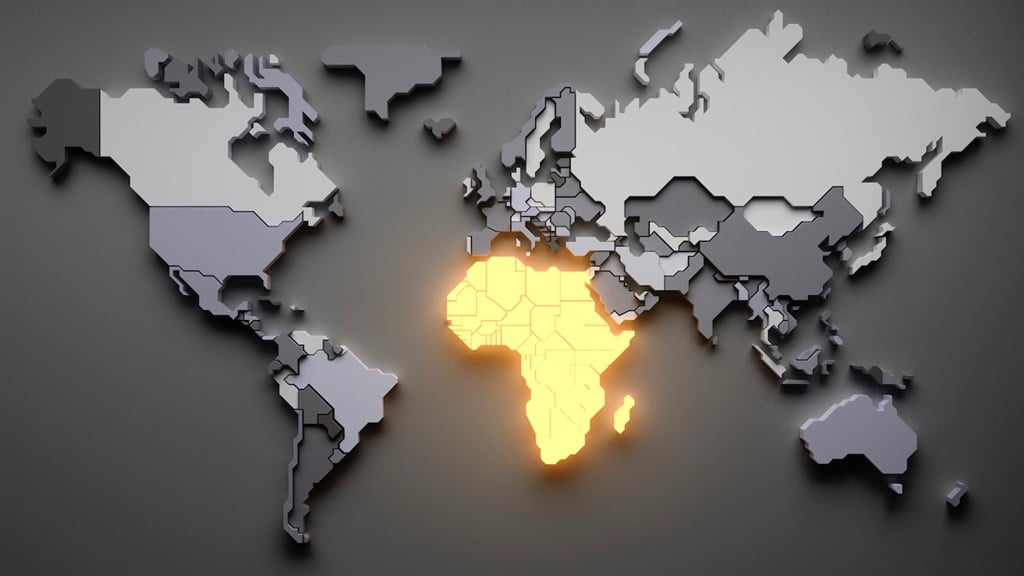
- Africa could be the world’s biggest free-trade zone by area when its treaty becomes fully operationally by 2030
- The accord seeks to lower or eliminate cross-border tariffs on most goods and facilitate the movement of capital and people
- Eritrea, which has a largely closed economy, is the sole holdout of the countries recognised by the African Union.
The first goods will begin to flow under an Africa-wide free-trade pact on Friday, the culmination of more than five years of negotiations on cutting cross-border tariffs.
The accord comes to fruition at a time when trade tensions are rising across much of the rest of the world. The 55-nation Africa Union will mark the occasion in a ceremony that comes just hours after the U.K. leaves the European Union’s single market and a new post-Brexit trade agreement enters into force.
Africa could be the world’s biggest free-trade zone by area when its treaty becomes fully operationally by 2030. The bloc has a potential market of 1.2 billion people and a combined gross domestic product of $2.5 trillion.
The accord "will fundamentally change the economic fortunes of our continent," President Cyril Ramaphosa, who holds the AU’s rotating chairmanship, said in a speech on Thursday.
"It is the start of a new era of trade between African countries, when the continent will produce the goods and services it needs, when its economies will grow, industrialize and diversify, when it will realize the great potential of its abundant natural resources."
